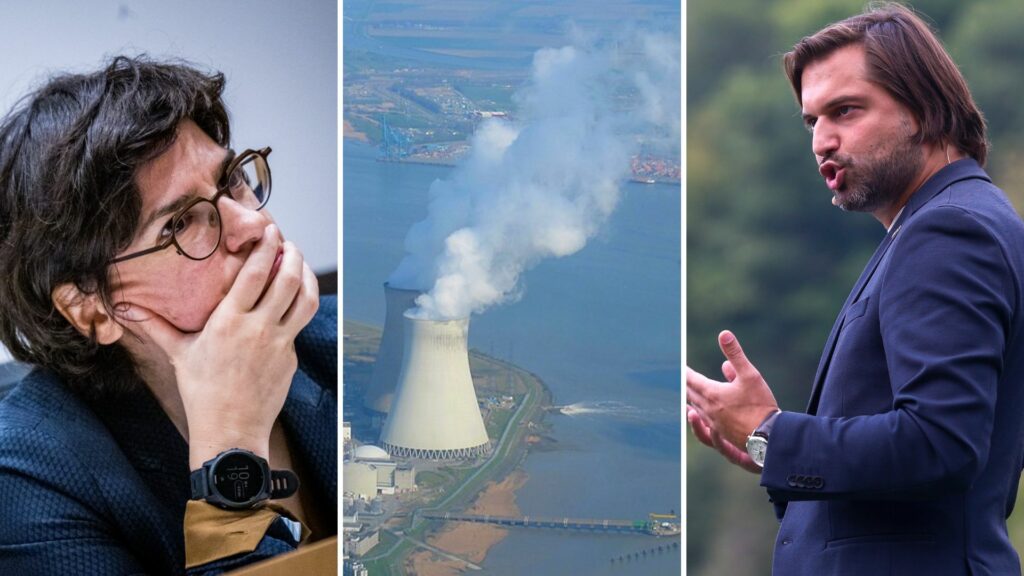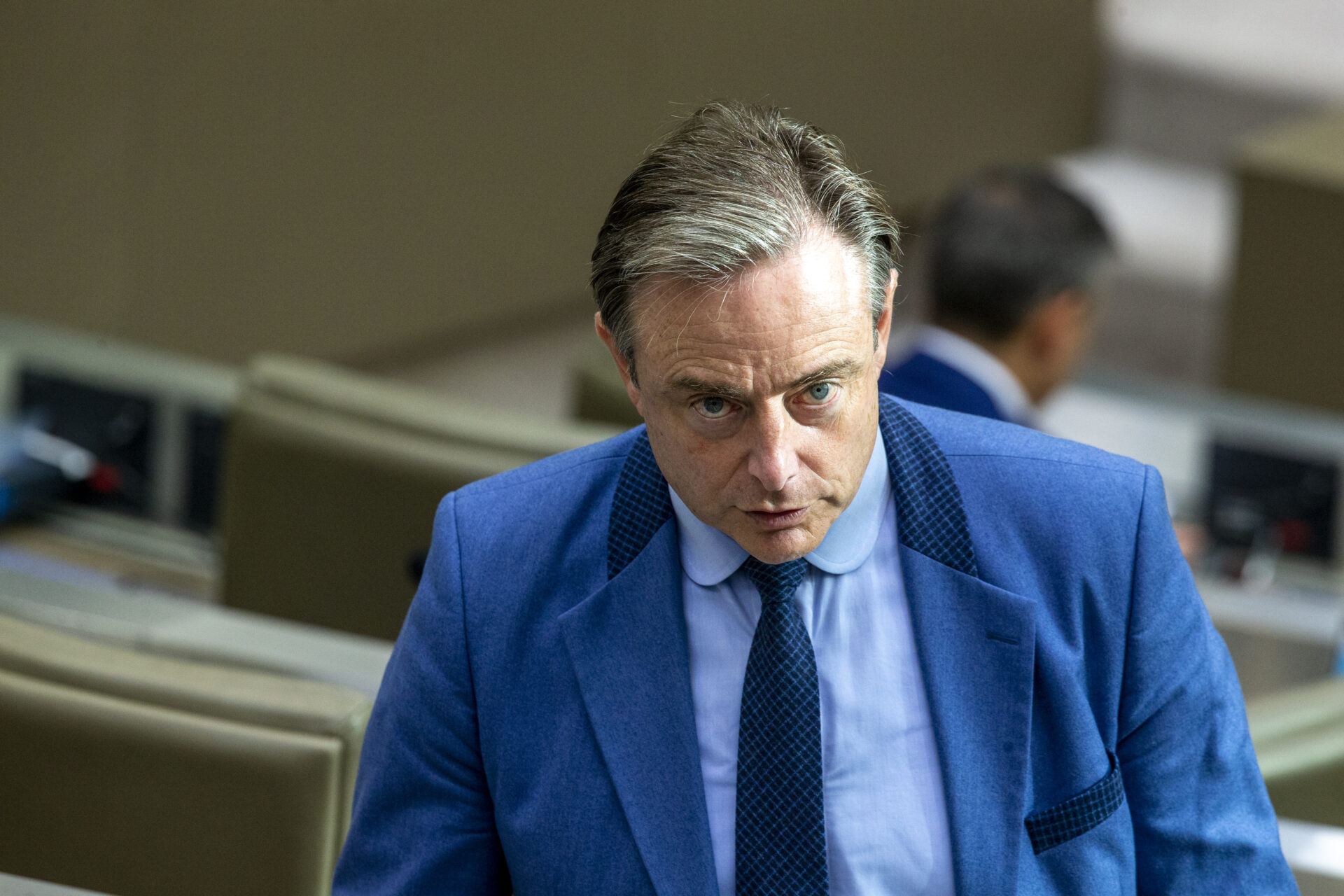When it comes to political indecision, Belgium is the poster boy. Dragging its heels, changing its mind, going back to square one and at times only to find that the decisive moment has passed. So whilst yesterday's agreement to extend its two youngest nuclear reactors might be hailed a monumental development, we might be mindful that things are rarely set in stone here.
Nonetheless, it is remarkable that we have an accord at all – the "Vivaldi" government in place until 2024 gathers a breadth of policy convictions under a (united?) banner. Most notably, the home party of Belgium's energy minister Tinne Van der Straeten is the Green party, problematic given their strident and long-held anti-nuclear energy stance.
After eking out valuable energy from its reactors by repeatedly prolonging their lifespan for a matter of months, the commitment to extend the country's nuclear energy provision was born largely out of necessity rather than a convergence of political will. The anti-nuclear faction is unlikely to turn nuclear evangelists, even if polls suggest Belgians largely recognise the need to secure energy supply with a source that, though not renewable, has no direct greenhouse emissions, is not prey to the alarming price fluctuations of LNG, and doesn't require an enormous infrastructure investment.
Despite the obvious advantages of nuclear that the energy crisis has made impossible to ignore, the deal that Belgium has made with the reactor operating company Engie has been attacked by opposing parties. Most notably, Bart De Wever – leader of the rightwing Flemish nationalist party N-VA – argues that there is no mention of who will bear the cost of eventually decommissioning the reactors.
Given that the reactors in question have been running since 1985, De Wever makes a reasonable point. But bearing in mind the reasons mentioned above, ministers are currently focussing on welcoming the long overdue agreement with assurances that quibbles can be ironed out in due course.
Still undecided on the nuclear question? Let @Orlando_tbt know.
Belgium in Brief is a free daily roundup of the top stories to get you through your coffee break conversations. To receive it straight to your inbox every day, sign up below:
1. Today in History: Paul-Henri Spaak elected first President of the UN General Assembly
On this day 77 years ago, 10 January 1946, prominent Belgian politician Paul-Henri Spaak presided over the first-ever United Nations General Assembly at the Methodist Central Hall in London. Read more.
2. 'Trojan horse': Flemish separatists N-VA heavily criticise Belgian nuclear deal
The agreement reached by the Federal Government with energy operator Engie to keep Belgium's two youngest nuclear power plants – Doel 4 and Tihange 3 – open longer is not a real agreement but rather a "Trojan horse," claims Bart De Wever, the leader of the rightwing Flemish separatist's party N-VA. Read more.
3. Quiet quitting: Social media hype or a real issue in the workplace?
Quiet quitting, a term coined to describe the act of doing the bare minimum of work, erupted on the scene last year, partly driven by social media. A recent survey in Belgium looked into whether this is a real issue for companies or just another buzzword. Read more.
4. 'No need for subsidy war with US', senior EU official says
A senior EU official has denied that the bloc will enter into a subsidy war with the US over the Inflation Reduction Act (IRA), one of US President Joe Biden's flagship legislative achievements which provides up to $369 billion in green government subsidies. Read more.
5. Deputy PM De Sutter calls for scrapping VAT on fruit and vegetables
Deputy Prime Minister Petra De Sutter has called for the VAT on fruits and vegetables produce to be scrapped after her party, the Flemish Greens (Groen), estimated that the price of fruits and vegetables has risen by 20% in the last year, due to the energy crisis. De Sutter made the comments during a visit to the Flemish municipality of Ninove. Read more.
6. 'Revolting' paedophilia manuals now officially criminalised in Belgium
The possession, manufacturing and distribution of so-called paedophilia manuals — often more than 1,000-page handbooks that circulate online and include tips on how to abuse children, remove evidence and evade the police — will officially become punishable by law in Belgium. Read more.
7. Hidden Belgium: A secret hiding place in the European Quarter
Not many people know about the artist’s house in the heart of Brussels’ European Quarter. It’s one of the last town houses in a district of shiny office buildings. It’s a small miracle it has survived. Read more.


